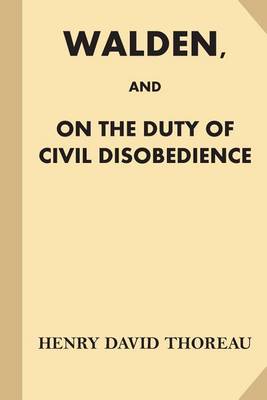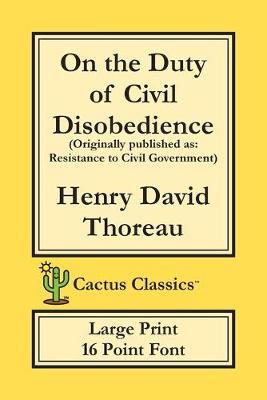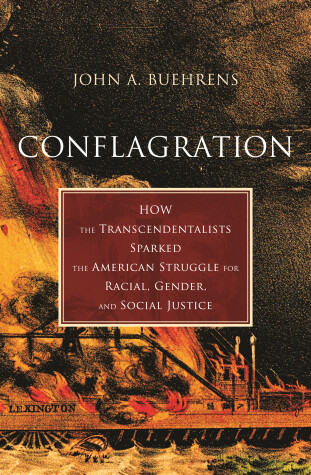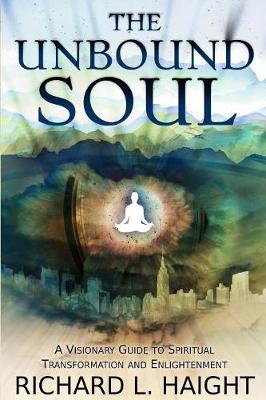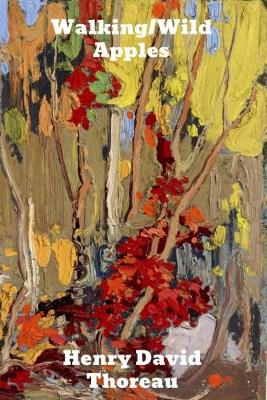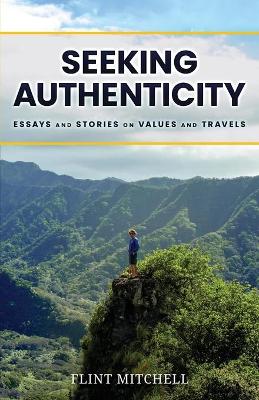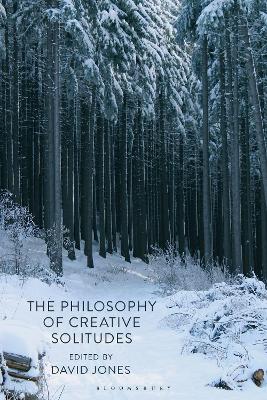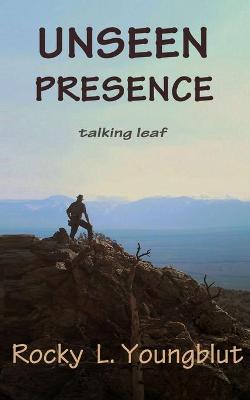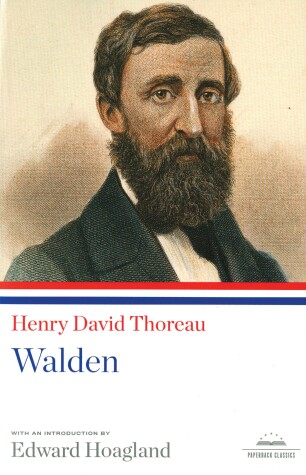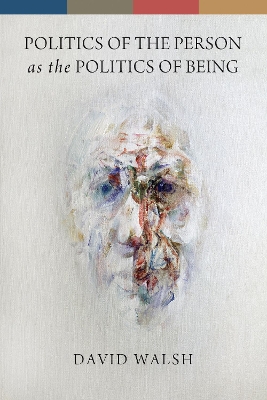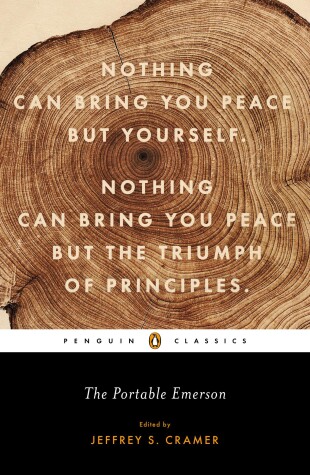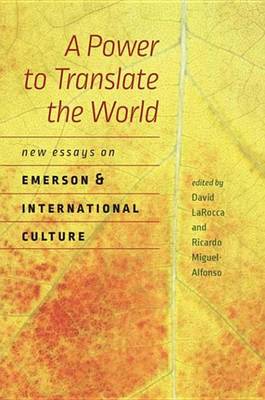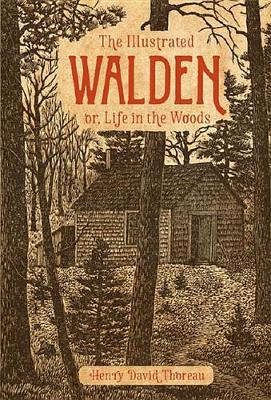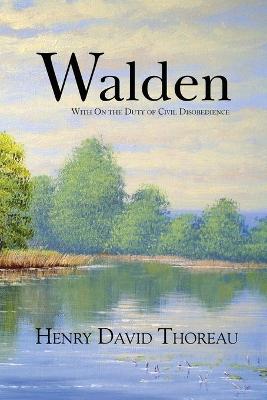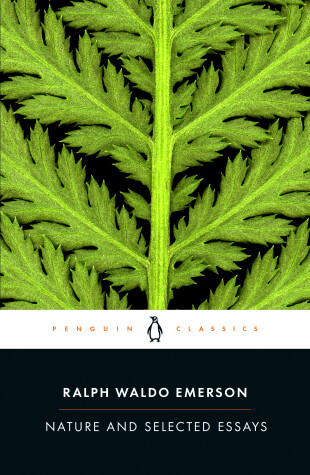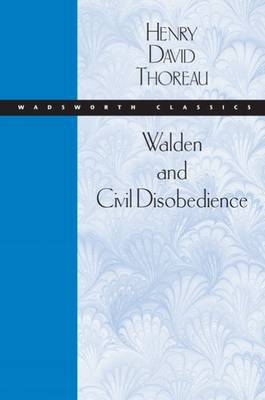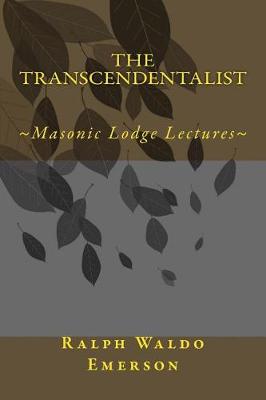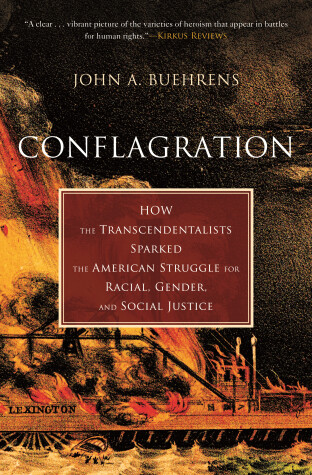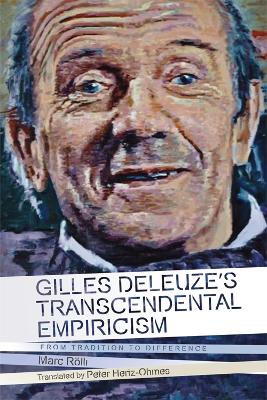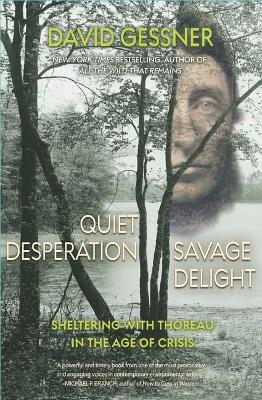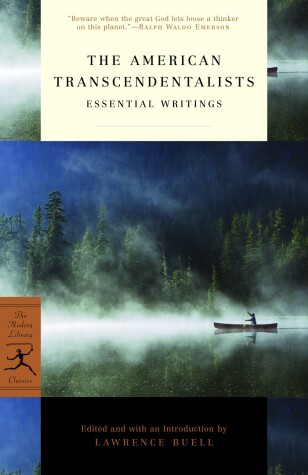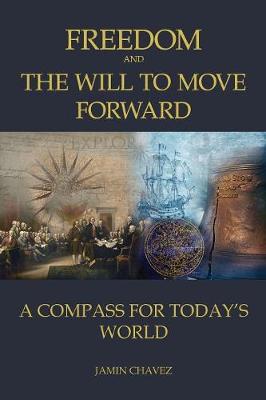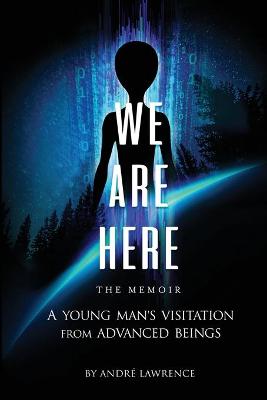Walden, and On The Duty of Civil Disobedience (Fine Print)
by Henry David Thoreau
On the Duty of Civil Disobedience (Cactus Classics Large Print)
by Henry David Thoreau and Marc Cactus
A dramatic retelling of the story of the Transcendentalists, revealing them not as isolated authors but as a community of social activists who shaped progressive American values. Conflagration illuminates the connections between key members of the Transcendentalist circle—including James Freeman Clarke, Elizabeth Peabody, Caroline Healey Dall, Elizabeth Stanton, Thomas Wentworth Higginson, Theodore Parker, and Margaret Fuller—who created a community dedicated to radical social activism. These a...
The Philosophy of Creative Solitudes
What is solitude, why do we crave and fear it, and how do we distinguish it properly from loneliness? It lies at the core of the lives of philosophers and their self-reflective contemplations, and it is the enabling (and disabling) condition that allows us to seriously question how to live creatively and meaningfully. David Farrell Krell is one of the decisive philosophical voices on how philosophers can creatively engage their solitudes. The scale and range of his understanding of solitudes...
A special edition of “the most remarkable book in the American canon”—Thoreau’s timeless ode to the beauty of a life lived simply and among nature (Bill McKibben) In 1845 Henry David Thoreau left his pencil-manufacturing business and began building a cabin on the shore of Walden Pond near Concord, Massachusetts. This lyrical yet practical-minded book is at once the record of the twenty-six months Thoreau spent in withdrawal from society—an account of the daily details of building, planting, hu...
Readers expecting a traditional philosophical work will be surprised and delighted by David Walsh's Politics of the Person as the Politics of Being, his highly original reflection on the transcendental nature of the person. A specialist in political theory, Walsh breaks new ground in this volume, arguing, as he says in the introduction, "that the person is transcendence, not only as an aspiration, but as his or her very reality. Nothing is higher. That is what Politics of the Person as the Polit...
Philosopher John Dewey called Ralph Waldo Emerson "the one citizen of the New World fit to have his name uttered in the same breath with that of Plato."Through his writing and his own personal philosophy, Emerson unburdened his young country of Europe's traditional sense of history and showed Americans how to be creators of their own contexts. With his central text, Nature, he singlehandedly engendered an entire spiritual and intellectual movement in Transcendentalism.Editor Jeffrey S. Cramer ha...
A Power to Translate the World (Re-Mapping the Transnational: A Dartmouth Series in American)
To coincide with the bicentennial of Thoreau's birth and TarcherPerigee's publication of Expect Great Things: The Life of Henry David Thoreau, here is a sumptuous rediscovery edition of the first illustrated volume of Thoreau's classic, as originally issued in 1897. In 1897, thirty-five years after Thoreau's death, Houghton Mifflin issued a two-volume "Holiday Edition" of Walden illustrated with thirty remarkable engravings, daguerreotypes, and period photographs. In 1902 the publisher collecte...
Walden with On the Duty of Civil Disobedience (Reader's Library Classics)
by Henry David Thoreau
An indispensible look at Emerson's influential life philosophy Through his writing and his own personal philosophy, Ralph Waldo Emerson unburdened his young country of Europe's traditional sense of history and showed Americans how to be creators of their own circumstances. His mandate, which called for harmony with, rather than domestication of, nature, and for a reliance on individual integrity, rather than on materialistic institutions, is echoed in many of the great American philosophical an...
A discourse on appreciating nature and discovering personal identity, Henry David Thoreau wrote WALDEN, after retreating to a small cabin the woods near Walden Pond. Promoting individual thought, CIVIL DISOBEDIENCE reveals what is still considered essential American political thought.
A dramatic retelling of the story of the Transcendentalists, revealing them not as isolated authors but as a community of social activists who shaped progressive American values. Conflagration illuminates the connections between key members of the Transcendentalist circle—including James Freeman Clarke, Elizabeth Peabody, Caroline Healey Dall, Elizabeth Stanton, Thomas Wentworth Higginson, Theodore Parker, and Margaret Fuller—who created a community dedicated to radical social activism. These a...
Gilles Deleuze's Transcendental Empiricism (Plateaus - New Directions in Deleuze Studies)
by Marc Rolli
Deleuze's readings of Hume, Spinoza, Bergson and Nietzsche respond to philosophical critiques of classical and modern empiricism. However, Deleuze's arguments against those critiques--by Kant, Hegel, Husserl and Heidegger--consolidate the philosophy of immanence that can be called 'transcendental empiricism'. Marc Rolli offers us a detailed examination of Gilles Deleuze's philosophy of transcendental empiricism. He demonstrates that Deleuze takes up and radicalises the empiricist school of thoug...
The American Transcendentalists (Modern Library)
by Lawrence Buell
Transcendentalism was the first major intellectual movement in U.S. history, championing the inherent divinity of each individual, as well as the value of collective social action. In the mid-nineteenth century, the movement took off, changing how Americans thought about religion, literature, the natural world, class distinctions, the role of women, and the existence of slavery. Edited by the eminent scholar Lawrence Buell, this comprehensive anthology contains the essential writings of Ralph Wa...
